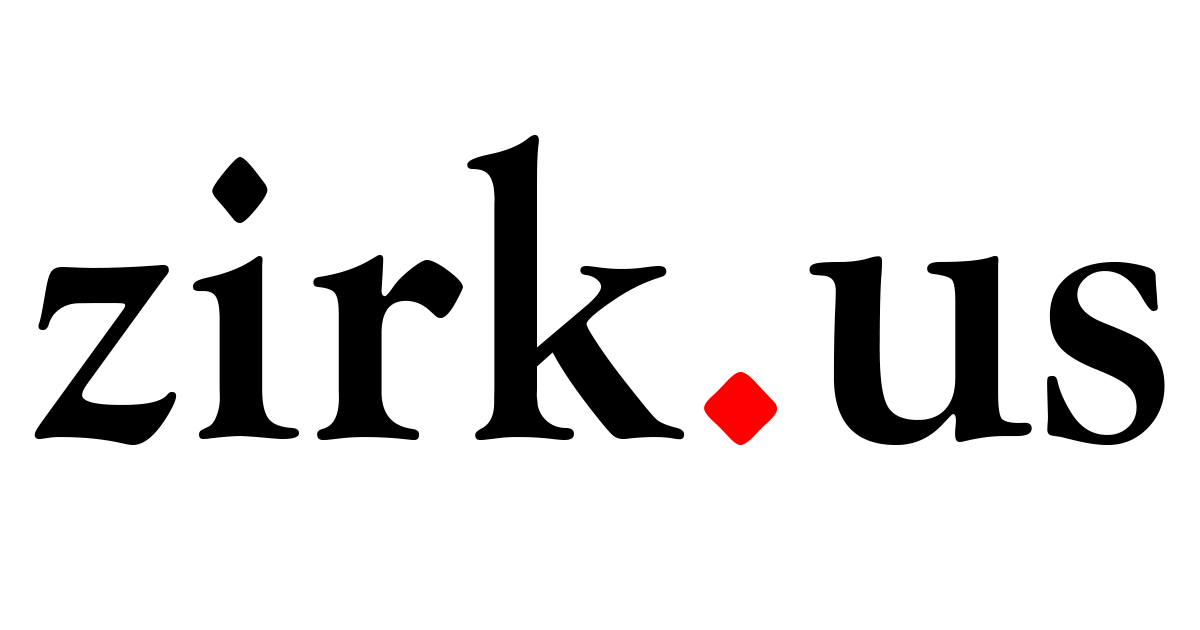john rakestraw<p>Just posted a brief description of how I incorporated the HTML details disclosure element into my emacs to ox-hugo to hugo stream. Many who are more tech-savvy than I will find this obvious, but it might be helpful to some.</p><p><a href="https://mastodon.online/tags/emacs" class="mention hashtag" rel="nofollow noopener noreferrer" target="_blank">#<span>emacs</span></a> <a href="https://mastodon.online/tags/hugo" class="mention hashtag" rel="nofollow noopener noreferrer" target="_blank">#<span>hugo</span></a> <a href="https://mastodon.online/tags/oxhugo" class="mention hashtag" rel="nofollow noopener noreferrer" target="_blank">#<span>oxhugo</span></a></p><p><a href="https://johnrakestraw.com/post/using-the-html-details-disclosure-element/" rel="nofollow noopener noreferrer" translate="no" target="_blank"><span class="invisible">https://</span><span class="ellipsis">johnrakestraw.com/post/using-t</span><span class="invisible">he-html-details-disclosure-element/</span></a></p>
Recent searches
No recent searches
Search options
Only available when logged in.
zirk.us is one of the many independent Mastodon servers you can use to participate in the fediverse.

Literature, philosophy, film, music, culture, politics, history, architecture: join the circus of the arts and humanities! For readers, writers, academics or anyone wanting to follow the conversation.
Administered by:
Server stats:
731active users
zirk.us: About · Profiles directory · Privacy policy
Mastodon: About · Get the app · Keyboard shortcuts · View source code · v4.3.7
#oxhugo
0 posts · 0 participants · 0 posts today
john rakestraw<p>Like many others, I post notes about my reading in my blog. Some of those notes are rather long, and some readers might stop scrolling and leave the page before noticing a book that they might find interesting. But TIL about the HTML details disclosure element. Now I have a short summary, and readers can click on the summary to reveal the entire note. Seems much cleaner to me. (And <a href="https://mastodon.online/tags/emacs" class="mention hashtag" rel="nofollow noopener noreferrer" target="_blank">#<span>emacs</span></a>, <a href="https://mastodon.online/tags/oxhugo" class="mention hashtag" rel="nofollow noopener noreferrer" target="_blank">#<span>oxhugo</span></a>, and <a href="https://mastodon.online/tags/hugo" class="mention hashtag" rel="nofollow noopener noreferrer" target="_blank">#<span>hugo</span></a> make it very easy to do this.)</p><p><a href="https://johnrakestraw.com/reading" rel="nofollow noopener noreferrer" translate="no" target="_blank"><span class="invisible">https://</span><span class="">johnrakestraw.com/reading</span><span class="invisible"></span></a></p><p><a href="https://mastodon.online/tags/blogging" class="mention hashtag" rel="nofollow noopener noreferrer" target="_blank">#<span>blogging</span></a> <span class="h-card" translate="no"><a href="https://a.gup.pe/u/bookstodon" class="u-url mention" rel="nofollow noopener noreferrer" target="_blank">@<span>bookstodon</span></a></span></p>
Ross A. Baker<p>Today I noticed that even though ox-hugo parses timestamps from logbook drawers, and even though it parses nested logbook drawers, it doesn't consider timestamps from nested logbook drawers.</p><p><a href="https://ox-hugo.scripter.co/doc/drawers/#logbook-dates" rel="nofollow noopener noreferrer" translate="no" target="_blank"><span class="invisible">https://</span><span class="ellipsis">ox-hugo.scripter.co/doc/drawer</span><span class="invisible">s/#logbook-dates</span></a></p><p><a href="https://social.rossabaker.com/tags/OxHugo" class="mention hashtag" rel="nofollow noopener noreferrer" target="_blank">#<span>OxHugo</span></a></p>
ExploreLive feeds
Mastodon is the best way to keep up with what's happening.
Follow anyone across the fediverse and see it all in chronological order. No algorithms, ads, or clickbait in sight.
Create accountLoginDrag & drop to upload
